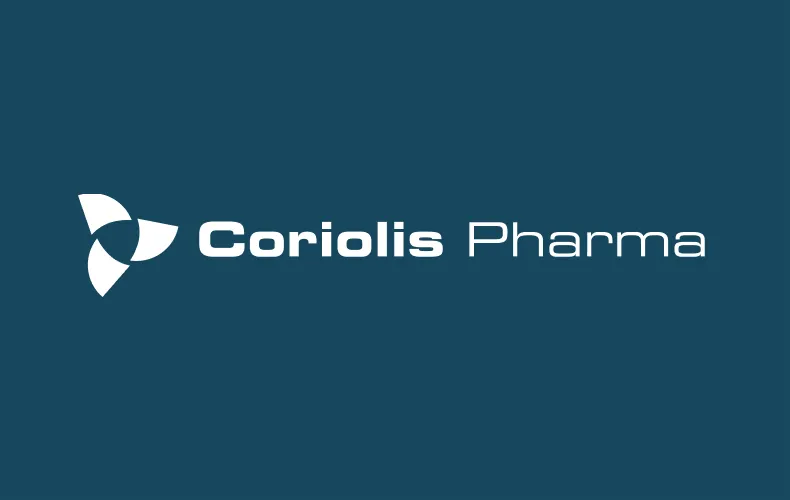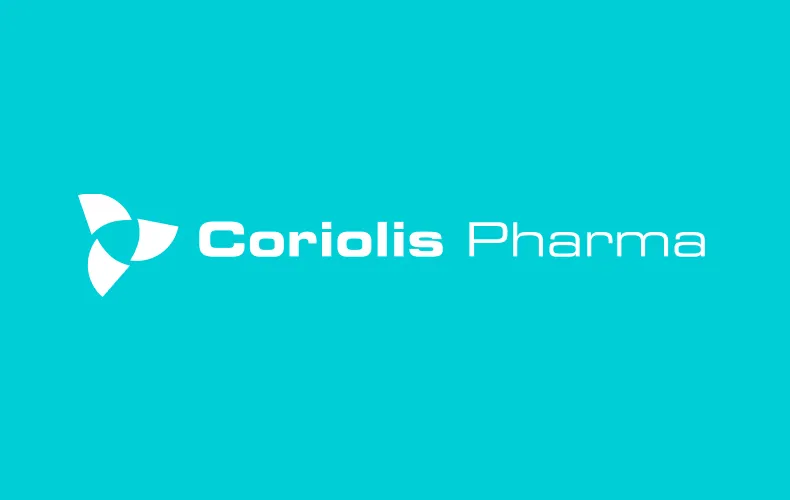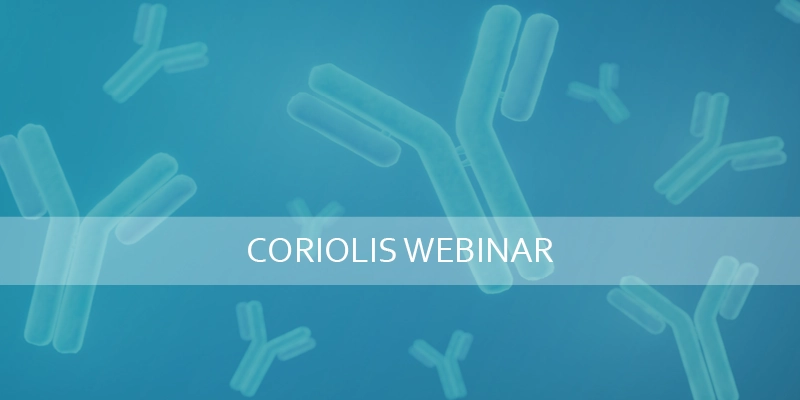Formulation Development
Our experts develop robust formulations from early research to late-phase development, effectively managing and stabilizing often inherently unstable biopharmaceutical molecules. Advanced formulation development services enable robust biopharmaceutical drug products for manufacturing, storage, handling, and patient administration.
Liquid, Frozen and Lyophilized Biologics Formulations Tailored to Your Needs
We develop phase-appropriate formulations for liquid, frozen and lyophilized drug products, focusing on your target product profile (TPP) and designing the study to meet your requirements. We consider drug substance availability, relevant deadlines and your overall development strategy when conducting a project. You and your team will benefit from the advice of our distinguished scientific advisory board. Additionally, our comprehensive capabilities offer the flexibility to readily switch from a liquid to a lyophilized formulation or explore formulation types in parallel.
With considerable biologics formulation development experience and expertise, we offer the following:
-
Studies designed to identify suitable formulation corridors and compositions (pH, ionic strength, protein concentration, excipients, etc.) identify degradation products and develop and select stability-indicating methods. Additionally, using high-throughput formulation approaches based on the design of experiments reduces the required material and time.
-
Liquid, frozen or freeze-dried formulations are commonly developed for toxicological studies and can be produced under aseptic conditions.
-
We can transfer your formulation to our process development team or to your chosen contract manufacturing organization (CMO). This flexibility reduces costs and helps to minimize risks.
-
Our biologics formulation experts will help you quickly reach the clinic. We can address formulations in different primary packaging materials such as vials, prefilled syringes, or cartridges, and tackle challenging tasks like high-concentration formulations.
-
We will ensure your formulation is scalable and can meet the demands of late-phase development and commercial production.
mAbs Accelerator Platforms
Kick-start your program with our developability assessment and preformulation screening services. Leveraging our extensive scientific expertise, we’ve crafted these platforms to help you identify the optimal strategy from the outset and address potential stage-related risks.
Formulation Development Designed for Your Drug Product
Coriolis Pharma’s deep expertise across many biologic modalities and input from world-leading external advisors offer the knowledge and experience to solve even the most complex formulation and drug development challenges.
Your Phase
Our expert team has the knowledge and experience to guide your program from discovery to preclinical drug development, through clinical phases and to the market.
Drug Product Development Resources

Publications
Reducing dimethyl sulfoxide content in Jurkat cell formulations suitable for cryopreservation
April 7, 2025

Press Releases
March 11, 2025
Drug Product Formulation Development FAQs
-
Drug product formulation development is significantly impacted by the need to lyophilize the drug, as it requires a strategic approach to ensure product integrity and process efficiency. Key considerations include:
- Stability Enhancement: Removing water improves chemical and physical stability, but the formulation must also protect the drug during the freezing and drying phases. This often involves stabilizers and cryoprotectants to prevent degradation or aggregation.
- Excipients Selection: Choosing the right excipients is essential as they stabilize the active product ingredients and help maintain the structure of the lyophilized cake, ensuring consistent reconstitution and optimal drug efficacy.
- Process Compatibility: The formulation must align with the lyophilization cycle conditions —freezing, primary, and secondary drying. Adjustments to pH, buffer systems, and solute concentrations may be necessary to handle thermal and mechanical stresses during processing.
- Reconstitution Efficiency: A well-designed formulation ensures that the final product reconstitutes quickly and uniformly, preserving bioactivity and facilitating ease of administration.
- Scalability: It’s crucial that the formulation performs consistently from laboratory-scale development to full-scale production. This means the lyophilization process must be fine-tuned to meet critical quality attributes throughout scale-up.
-
A biopharmaceutical formulation is pivotal to its stability, as it directly influences both its chemical integrity and physical structure. Key factors include:
- Excipients and Stabilizers: Excipients help protect sensitive biomolecules by preventing aggregation and degradation, particularly for proteins and peptides.
- pH and Buffer Systems: The formulation’s pH and buffer composition are optimized to reduce the risk of denaturation and chemical degradation, ensuring that the biopharmaceutical remains active over its shelf life.
- Moisture and Lyophilization: Controlling moisture is critical for many biopharmaceuticals. Techniques like lyophilization remove water, enhancing stability by limiting hydrolytic reactions and improving long-term storage.
- Temperature Sensitivity: The formulation is designed to maintain stability across its intended temperature range, minimizing the risk of thermal degradation during storage and transport.
-
A biopharmaceutical’s formulation is critical in controlling degradation and aggregation to avoid compromising drug safety, efficacy, and shelf life. Some of the factors of effective biopharmaceutical formulation include:
- Excipient Selection: Stabilizers can protect proteins from degradation by stabilizing their native structure and reducing surface adsorption, which can lead to aggregation.
- pH and Buffer Composition: The formulation’s pH affects the ionization state of the protein and can influence both chemical degradation (e.g., deamidation, oxidation) and aggregation pathways. Buffers are carefully selected to minimize pH shifts during storage.
- Ionic Strength and Solvent Environment: High ionic strength can promote aggregation, while certain solvents or co-solvents may accelerate degradation. The formulation must balance these factors to preserve stability.
- Temperature and Freeze-Thaw Protection: Proper formulation includes components that protect biopharmaceuticals during temperature fluctuations and freeze-thaw cycles, common triggers for aggregation and structural degradation.
- Lyophilization Compatibility: For lyophilized drugs, the formulation must include cryo- and lyoprotectants to protect the molecule during freezing and drying, preventing stress-induced aggregation or unfolding.


